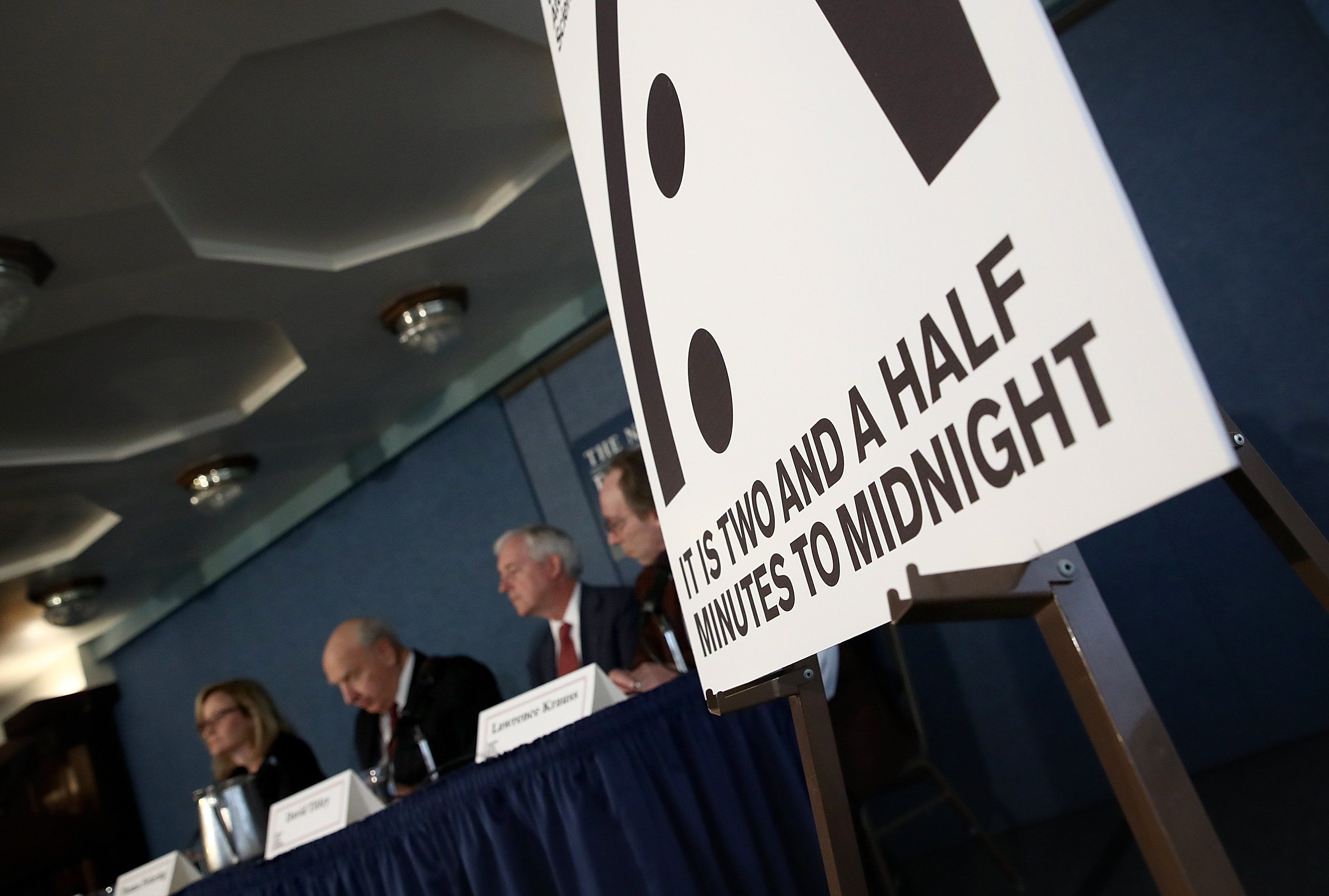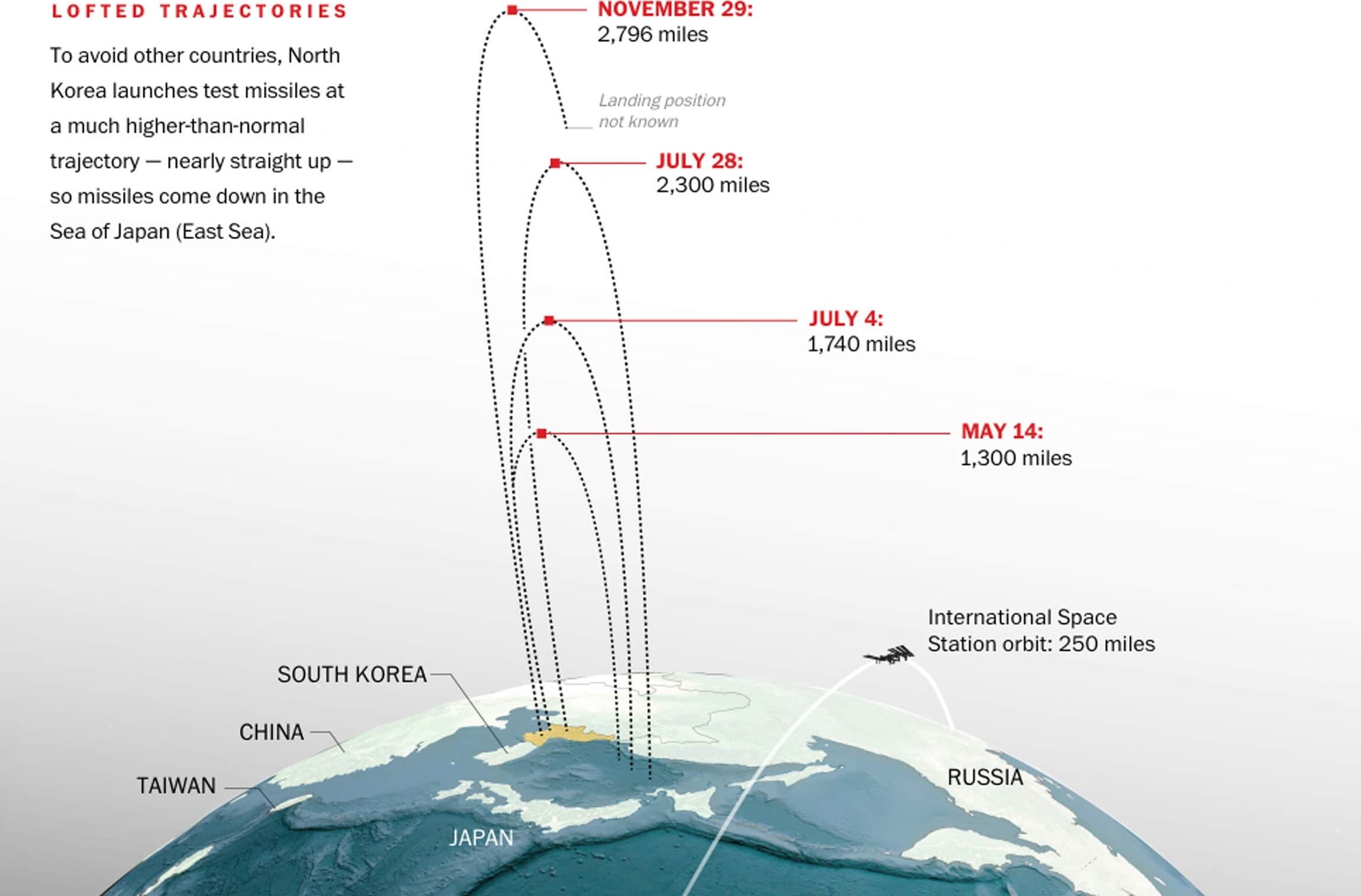‘UN diplomats confirmed that the new email release would worsen the “bad name” of gene drives in some circles. “Many countries [will] have concerns when this technology comes from DARPA, a US military science agency,” one said.‘.
Cutting-edge gene editing tools such as Crispr-Cas9 work by using a synthetic ribonucleic acid (RNA) to cut into DNA strands and then insert, alter or remove targeted traits. These might, for example, distort the sex-ratio of mosquitoes to effectively wipe out malarial populations.
Some UN experts, though, worry about unintended consequences. One told the Guardian: “You may be able to remove viruses or the entire mosquito population, but that may also have downstream ecological effects on species that depend on them.”
“My main worry,” he added, “is that we do something irreversible to the environment, despite our good intentions, before we fully appreciate the way that this technology will work.”







